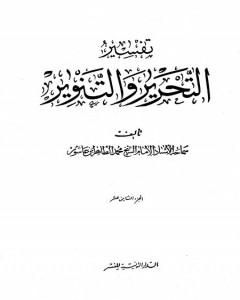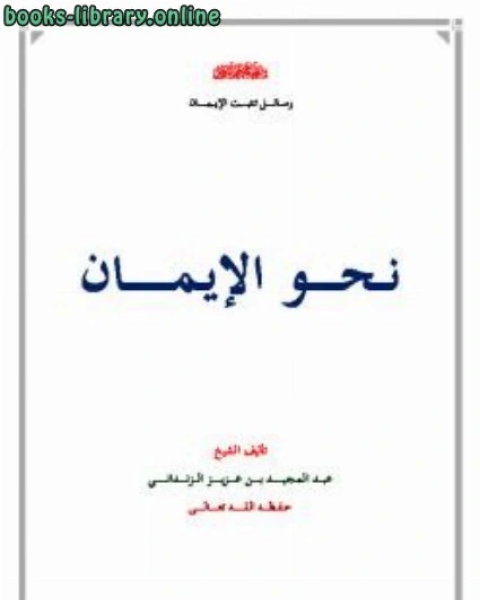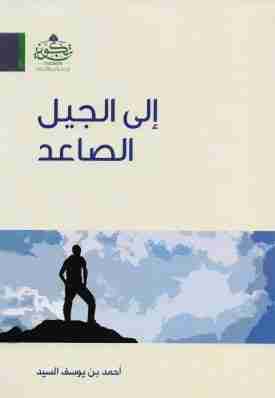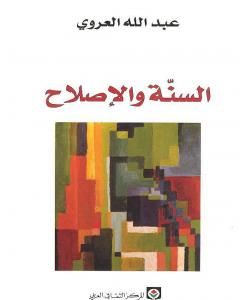
كتاب Evolution of Fiqh
تحميل كتاب Evolution of Fiqh pdf For a proper understanding of the historical development of Islamic law, the terms Fiqh and Sharee‟ah need to be defined. Fiqh has been loosely translated into English as “Islamic law” and so has Sharee‟ah, but these terms are not synonymous either in the Arabic language or to the Muslim scholar. Fiqh literally means the true understanding of what is intended. An example of this usage can be found in the Prophet Muhammad‟s statement: “To whomsoever Allaah wishes good, He gives the Fiqh (true understanding) of the Religion”1 . Technically, however, Fiqh refers to the science of deducing Islamic laws from evidence found in the sources of Islamic law. By extension it also means the body of Islamic laws so deduced. Sharee‟ah, literally means, a waterhole where animals gather daily to drink, or the straight path as in the Qur‟anic verse. “Then we put you on a straight path (Sharee‟ah) in you affairs, so follow it and do not follow the desires of those who have no knowledge.” Soorah al-Jaathiyah (45): 18. Islamically, however it refers to the sum total of Islamic laws which were revealed to the Prophet Muhammad (SW.) and which are recorded in the Qur‟aan as well as deducible from the Prophet‟s divinely-guided lifestyle (called the Sunnah)2 From the previous two definitions, the following three differences may be deduced: 1. Sharee‟ah is the body of revealed laws found both in the Qur‟aan and in the Sunnah, while Fiqh is a body of laws deduced from Sharee‟ah to cover specific situations not directly treated in Sharee‟ah law. 2. Sharee‟ah is fixed and unchangeable, whereas Fiqh changes according to the circumstances under which it is applied. 3. The laws of Sharee‟ah are, for the most part, general: they lay down basic principles. In contrast, the laws of Fiqh tend to be specific: they demonstrate how the basic principles of Sharee‟ah should be applied in given circumstances. 1 Reported by Mu„aawiyah and collected by al-Bukhaaree (Sahih Al-Bukhari (Arabic-English), vol.4, pp. 223-4, no.346), Muslim, (Abdul Hamid Siddiqi, Sahih Muslim (English Trans.), (Beirut: Dar al-Arabia, n.d.), vol.3, p. 1061, no.4720), at Tirmidhee and others. 2 9 Muhammad Shalabee, all-Madkhal fee at-Ta‟reef bil-fiqh al-Islaamee, (Beirut: Daar an-Nahdah al- Arabeeyah, 1969), p. 28. This is a great trial from Dr, Hatem to abbreviate the book of Sh. Abu Ameenah Bilal Philips . The overall purpose of this book is to acquaint the reader with the historical factors behind the formulation of Islamic law Fiqh , in order that he or she may better understand how and why the various schools of Islamic law Madhhabs came about. .
عرض المزيد



